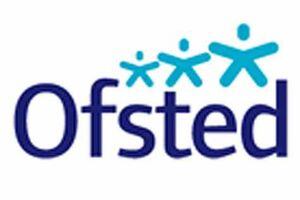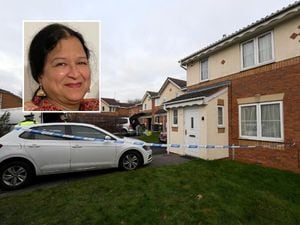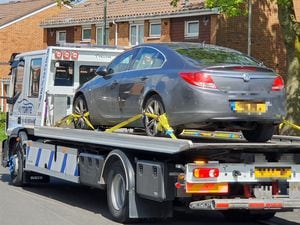'Inadequate' schools in Walsall are highlighted
The number of schools rated inadequate by Ofsted in part of the Black Country over the last year was more than three times the national average.

Nine schools in Walsall - a total of seven per cent - were given that standard in the last year, when the average across England is two per cent.
And 18 per cent were satisfactory or required improvement - four per cent above the national average.
But the number of outstanding schools was one per cent higher than the figure across the country, at 21 per cent.
Staffordshire was the only local region not to have more inadequate schools than the national average with two per cent, though Sandwell was only slightly higher at three per cent.
Ofsted inspectors rate schools from one to four based on areas including teaching and children's performance.
Across the West Midlands, four per cent of schools were rated inadequate, 15 per cent satisfactory or requiring improvement, 63 per cent were good and 18 per cent outstanding.
In Dudley, four per cent were inadequate with 16 per cent satisfactory or requiring improvement. But 69 per cent were good - which is five per cent above the figure across the country - and 11 per cent outstanding.
Eighteen per cent of Sandwell schools were satisfactory or require improvement, 60 per cent good and 19 per cent outstanding.
Five per cent of Wolverhampton schools that were inspected were inadequate, which is three per cent above England's figure, and 17 per cent were satisfactory or requiring improvement - three per cent above the national average.
Council bosses insist standards are improving at schools and say the improvements should be highlighted when looking at these figures.
Councillor Chris Towe, Walsall Council portfolio holder for learning skills and apprenticeships, said: "There is strong evidence of significant improvements made in procedures in Walsall. 32 full inspections took place across the Borough last academic year, with 4 schools previously judged to be inadequate coming out of that category and making significant improvements. Only one school (a sponsored academy) was judged to be inadequate during that period. Whilst seven per cent of schools in Walsall are currently graded inadequate, compared to a national figure of two per cent, the gap is closing.
"The council continues to build strong working relationships to challenge schools and their governing bodies to ensure the very best outcomes for Walsall children."
Alexandra Chilcott, Wolverhampton council head of school standards, said: "The position of Wolverhampton schools is much improved compared to two years ago with many more schools now being judged as good or better. The council recognises Wolverhampton schools currently sit slightly below the Ofsted national average for good or better schools but the Council has implemented a new School Improvement Strategy over the past 12 months and this has had a significant impact on standards across our City's schools. The figures over the last two years clearly show we are rapidly narrowing the gap and we are confident of further improvement in the future."
Dudley councillor Ian Cooper, cabinet member for children's services, said: "We are continually striving to build on the successes in our schools and bring about further improvements wherever possible.
"We have made significant strides in a number of areas; as a result, the percentage of primary schools that are good or better is now 87 per cent, which is better than the national picture.
"A wide range of work has included linking schools together to improve specific areas of the curriculum, such as maths, and we will continue to work with schools to deliver our aspiration that all schools in Dudley are good or outstanding."







